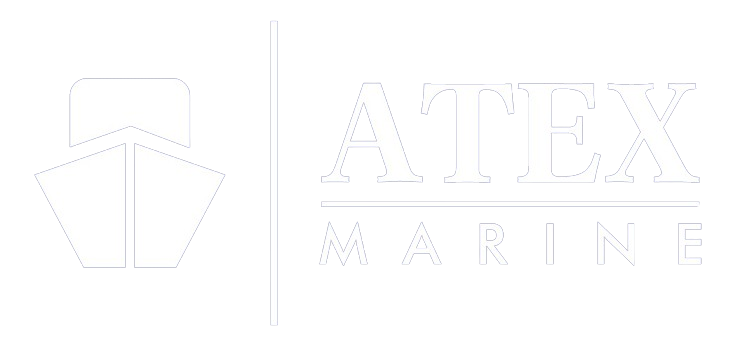Understanding Marine Vessel Management Systems: Enhancing Maritime Operations
Marine vessel management systems (VMS) are comprehensive solutions designed to optimize the operation, navigation, safety, and efficiency of ships and vessels. These systems integrate various onboard sensors, instruments, and software to provide real-time monitoring, control, and decision support to crew members and operators.
Key Features of Marine Vessel Management Systems
- Integrated Monitoring: Monitors key parameters such as engine performance, fuel consumption, navigation, and safety systems.
- Automation: Automates routine tasks and operations to reduce workload and improve efficiency.
- Alerts and Notifications: Provides alerts for critical conditions, alarms, and operational abnormalities for timely response.
- Data Analysis: Analyzes data to optimize vessel performance, route planning, and maintenance schedules.
- Communication: Facilitates communication between onboard systems, crew, and shore-based operations for coordinated actions.
Applications of Marine Vessel Management Systems
Marine VMS are utilized in various types of vessels and applications, including:
- Commercial shipping
- Passenger vessels
- Naval and military vessels
- Fishing boats and trawlers
- Offshore support and supply vessels
Frequently Asked Questions (FAQs) about Marine Vessel Management Systems
| Question | Answer |
|---|---|
| What is a marine vessel management system (VMS)? | A marine VMS is a system that integrates sensors, instruments, and software to monitor and manage various aspects of vessel operation, safety, and efficiency. |
| How does a marine VMS improve vessel operations? | It improves operations by providing real-time data on performance metrics, automating tasks, optimizing routes, and enhancing communication. |
| What are the key components of a marine VMS? | Components include sensors (for navigation, engine performance, etc.), control systems, communication interfaces, and software for data analysis and visualization. |
| Can a marine VMS enhance safety onboard? | Yes, by monitoring critical systems and providing alerts for potential hazards, a marine VMS contributes to enhancing safety and reducing risks. |
| How are marine VMS systems controlled and monitored? | They are controlled via dedicated consoles or interfaces onboard and can be monitored remotely from shore-based operations. |
| Are marine VMS systems customizable? | Yes, marine VMS systems can be customized to meet the specific operational needs and requirements of different types of vessels. |
| Can marine VMS systems help in reducing operational costs? | Efficient monitoring and optimization provided by VMS systems can contribute to reducing fuel consumption and maintenance costs. |
| What training is required to operate a marine VMS? | Operators may require training on system interfaces, data interpretation, and emergency procedures to effectively utilize marine VMS systems. |
| How are data security and confidentiality ensured in marine VMS? | Systems implement protocols for secure data transmission and storage, adhering to maritime industry standards for cybersecurity. |
| Can marine VMS systems be retrofitted onto existing vessels? | Yes, marine VMS systems can be retrofitted onto existing vessels with proper planning and installation procedures to enhance their operational capabilities. |
Marine vessel management systems play a pivotal role in modern maritime operations, offering advanced capabilities to enhance efficiency, safety, and performance across diverse fleets. Understanding their functionality and benefits is crucial for leveraging these systems effectively in the marine industry.
